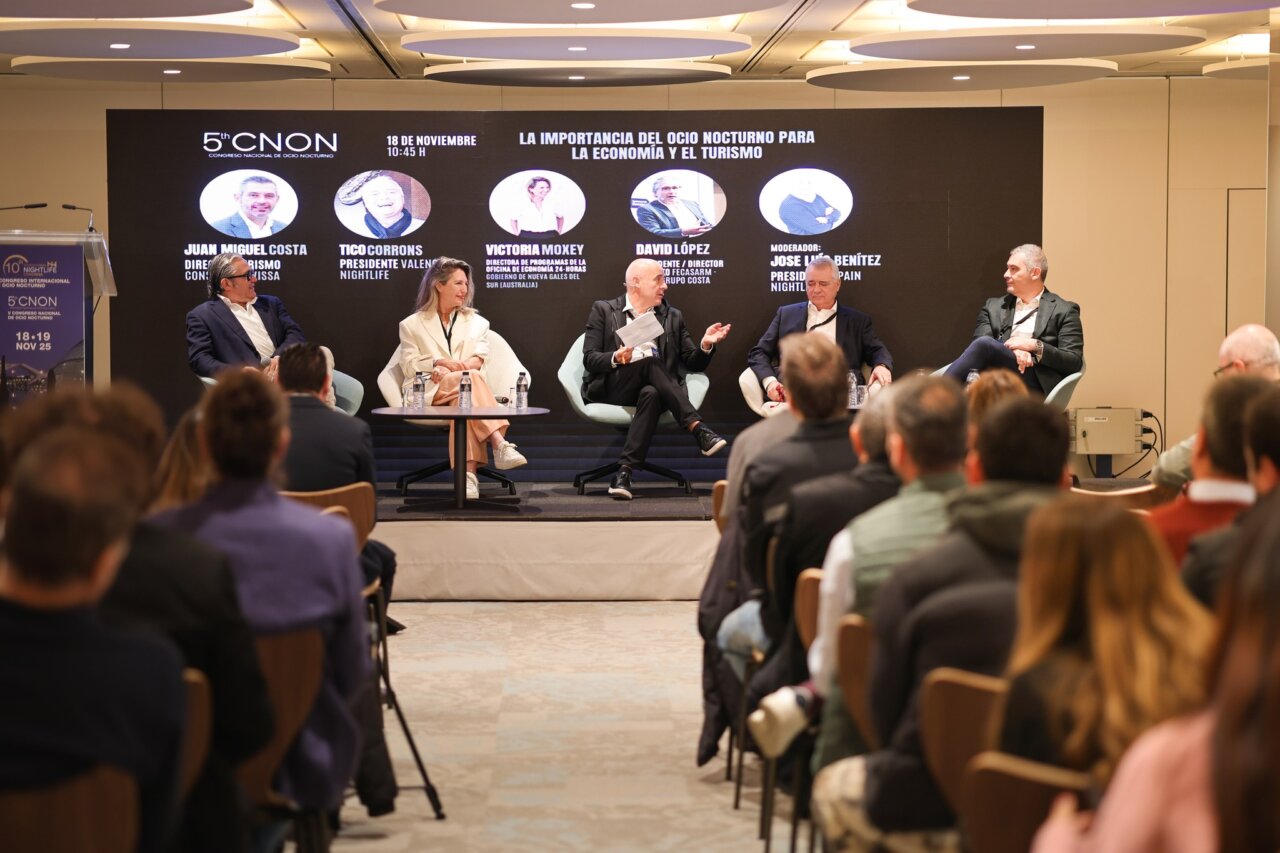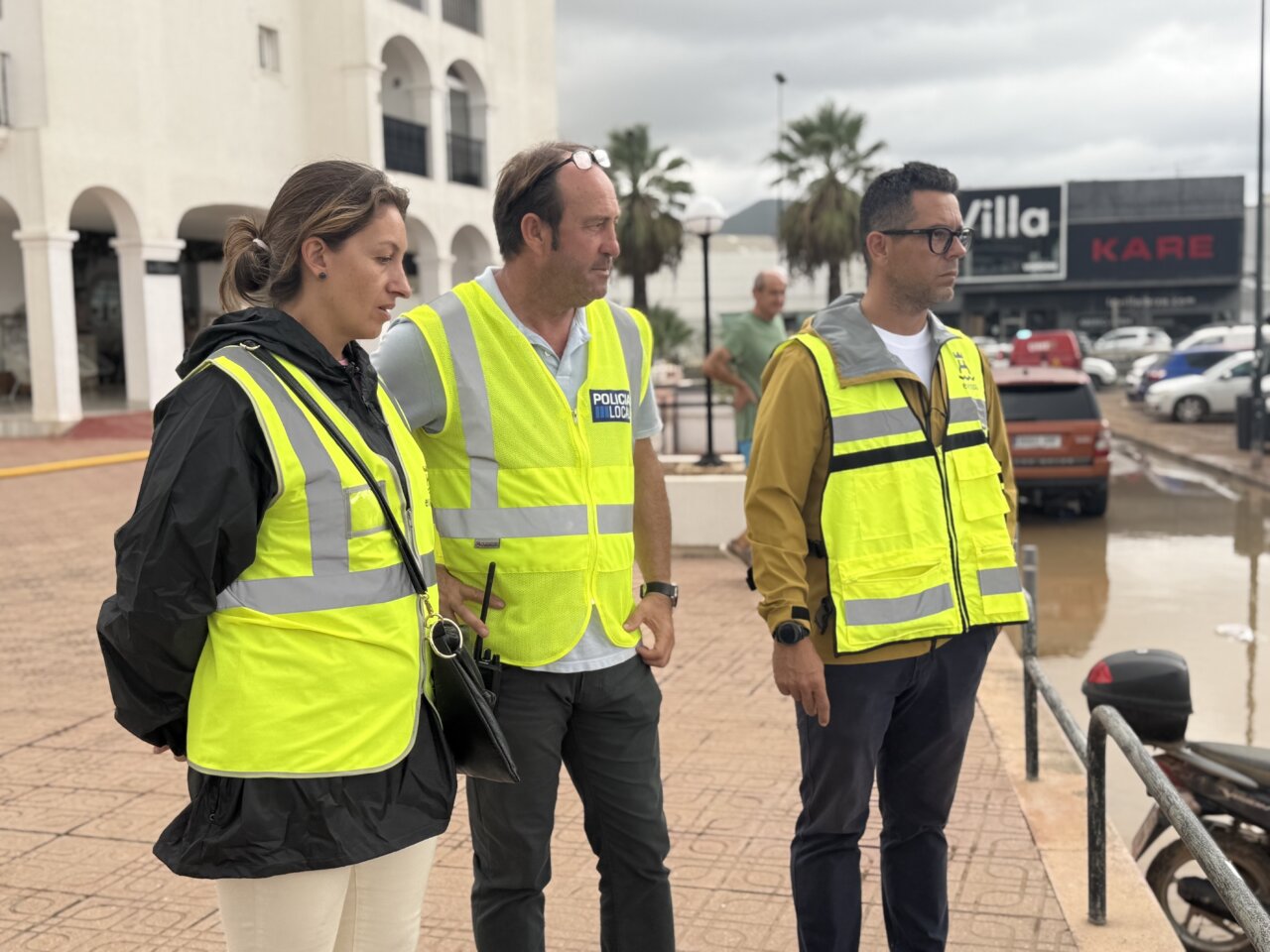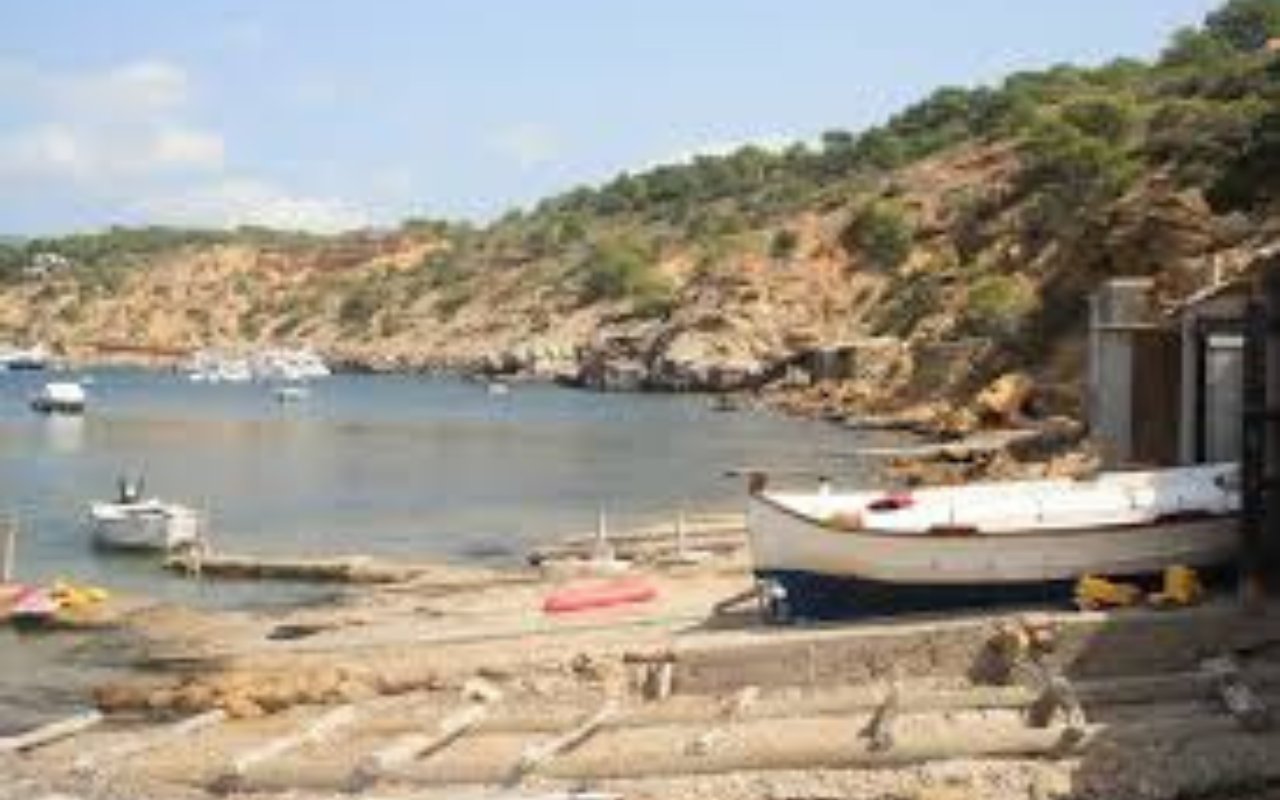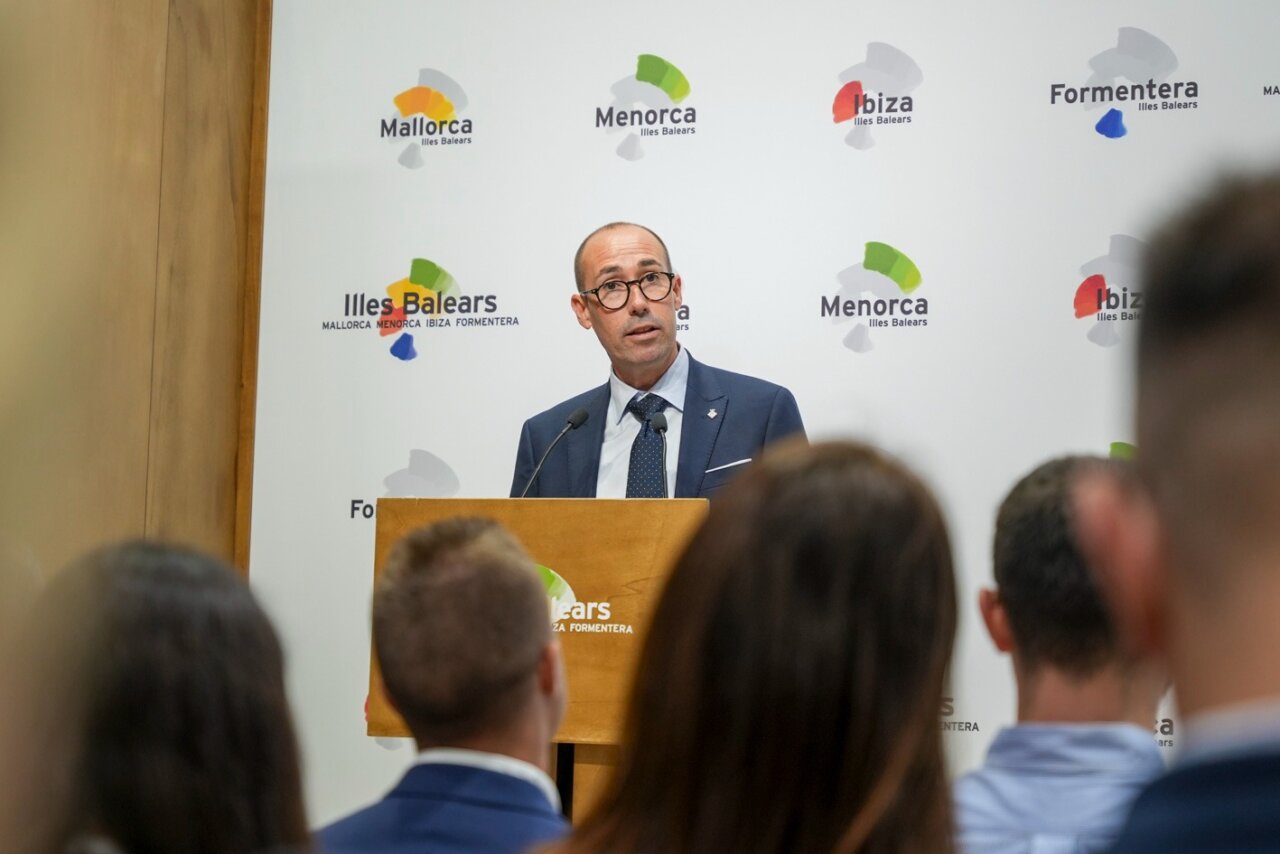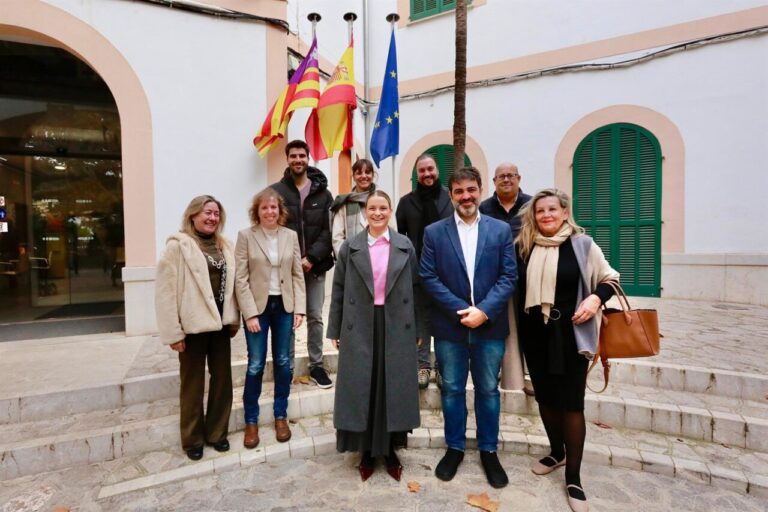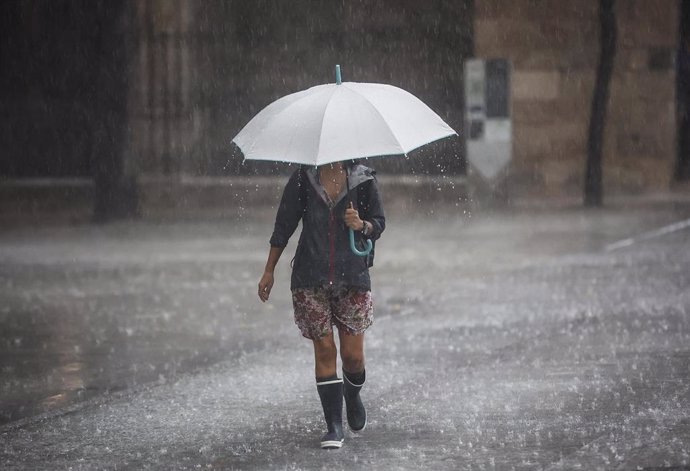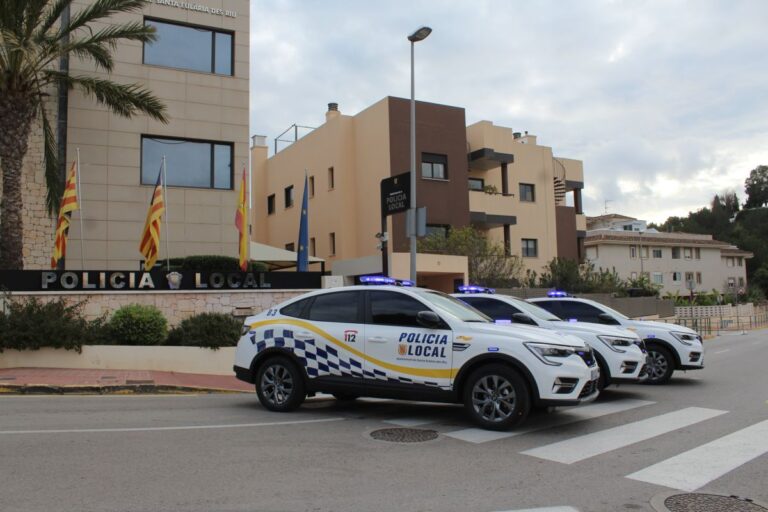“Today everyone would kill to have a world leading tourism product. In Ibiza we have it “. With that sentence, direct and without nuances, Juan Miguel Costa, island director of Tourism, opened his speech at the round table “The importance of nightlife for the economy and tourism”, held this Monday in Valencia as part of the International Congress of Nightlife. And he did so by making it clear that, in the midst of the transformation of the tourism model, leisure is not a problem: it is an opportunity.
-
“Leisure venues participate in more than €1 million in funding to sporting events.”
-
Vicent Roig, between the noise map and the 40 seals this summer
Costa defended that the island can take advantage of its enormous global visibility – “a brutal exposure“, he remarked- to promote a strategy that goes beyond discos and clubs. “Our great challenge is that all those people who come for leisure discover the other faces of Ibiza: the 75-80% green island, the coves, the culture, the gastronomy, the heritage,” he said. “We want leisure to be a vehicle to connect with the Ibiza that many still don’t know.”
Ibiza’s challenge: transforming the “party” label without giving up its strength
Costa insisted that the island is facing a decisive moment: “What we want is to gradually change the perception of Ibiza only as a place to party“. The idea is not to hide the identity, but to expand it. If Ibiza attracts millions of people from all over the world every year thanks to its nightlife – “the best in the world“, he repeated-, the next step is to turn that attention into a bridge to the rest of the destination.
The data accompany the speech: 87% of the island’s GDP comes from tourism and 30% is directly linked to nightlife. “Its weight is overwhelming,” he acknowledged.
Public-private balance: regulating without suffocating
At one point at the table, Costa left one of the most commented phrases of the day: “I am very proud of my work,” he said.Many times our function is to be as unobtrusive as possible. Do not put obstacles in the wheel “.
The island director admitted that the administration “always comes after” the private sector, especially in Ibiza, where innovation in leisure is constant. But he defended that the public role should focus on regulating with common sense, accompanying and encouraging the industry to continue generating opportunities without compromising coexistence.
He also recalled the summer of 2021, when the island experienced the season without nightlife. “There were those who said ‘this is the Ibiza we want,'”he commented. “But to give up our differentiating element would be to impoverish the destination.”
From Valencia, Sydney and Barcelona: Ibiza as an example
Not only Costa placed Ibiza as a reference. The other three speakers at the table reinforced that message:
Tico Torrons, president of Valencia Night Live, spoke bluntly: “I am envious. In Valencia they come for the culture or gastronomy and discover the leisure. In Ibiza it’s the other way around… and they do it very well”.
Victoria Moixe, of the New South Wales Government, told how Sydney lost dynamism because of nighttime hyper-regulation: “Sydney was a city that went to sleep at nine o’clock.” The restrictions, he said, were costing $16 billion a year in economic impact. Recovery came when the city realized that the nighttime economy is “a vital part of urban identity.”
David López, director of Costa Este and vice-president of the Catalan nightlife employers’ association, put numbers on the table: ” 38% of Barcelona’s tourist offer last year was motivated by nightlife. The leisure tourist
Cross-cutting leisure, including families
The table closed with a reflection by José Luis Benítez, president of Ocio de Ibiza: “Not everyone comes for the party, but almost everyone goes out for a night“. Benítez recalled that there are even hotels that offer babysitting services so that families can enjoy the nightlife. This is further proof that, like it or not,

